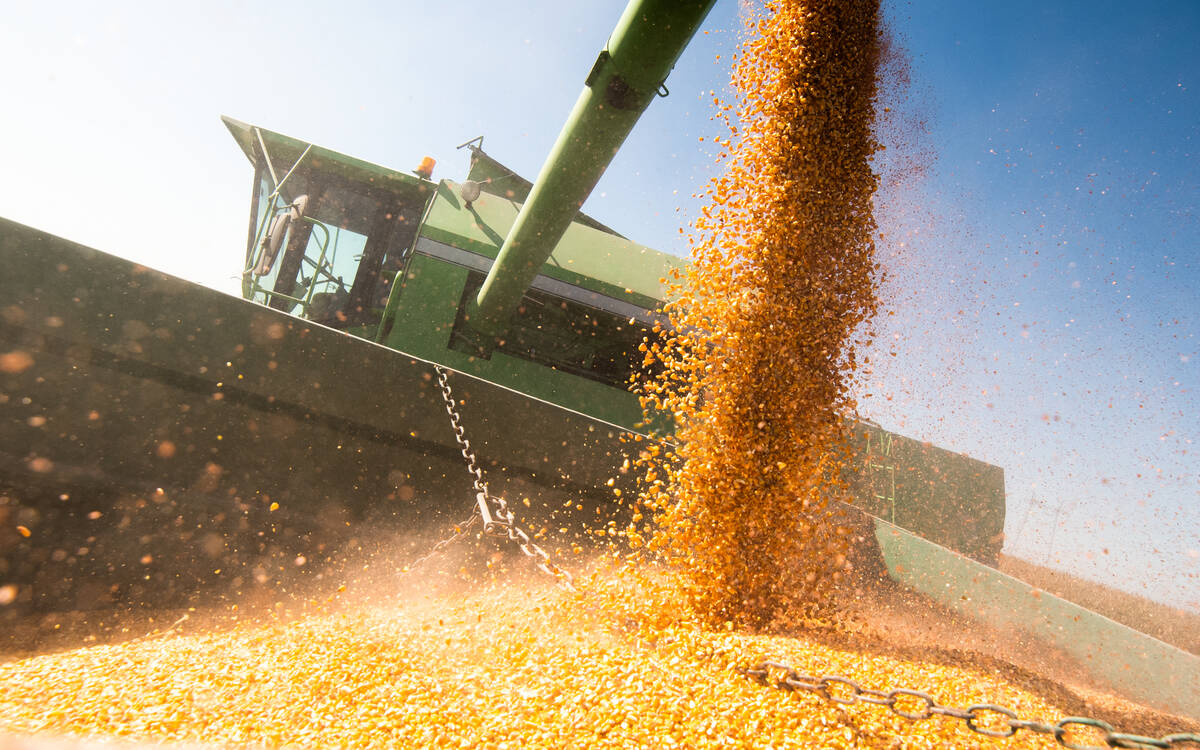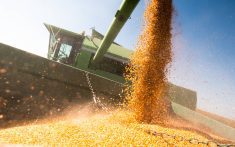Grain companies will no longer have to post bonds or letters of credit as security to cover unpaid purchases of Prairie farmers’ grain, under federal government proposals to “modernize” the Canadian Grain Commission.
Federal Agriculture Minister Gerry Ritz on Thursday announced this and other proposed changes, in tandem with the introduction of new amendments to the Canada Grain Act.
The government said that to cut costs, it will end the CGC-administered producer payment security program, which until now has required Prairie grain companies to post such bonds as a condition of a CGC license.
Read Also

Feed Grain Weekly: Corn affecting barley prices in Lethbridge
Corn imports entering Lethbridge have lowered prices for feed barley compared to those in Edmonton.
From those bonds, farmers have been able to recover some or all of the cash owed to them if a CGC-licensed grain company can’t or won’t pay for grain that farmers have delivered.
Agriculture and Agri-Food Canada said the change will bring the Prairie grain industry in line with other farm sectors, as well as the Eastern Canada grain industry, where Ottawa doesn’t require similar programs.
“Ending the producer payment security program will reduce system costs,” which farmers ultimately bear, AAFC said in a release, adding that the government’s move will “remove a barrier to new entrants into the grain merchandising industry.”
Scrapping the program will also clear the way for farmer groups to develop cost-effective ways to help manage risk if they wish — such as a commodity clearing house concept, for example, AAFC said.
The government also proposes that inward inspection and weighing of grain bound for terminal or transfer elevators will become optional.
Under the proposed new system, shippers would have the right to request weighing and inspection and elevator operators would have to allow access to service providers to do so.
The CGC would no longer be involved in the optional service, except that both shippers and grain handling companies would have access to binding CGC arbitration where there’s a dispute over a grain grade. The CGC would also still conduct its quality-monitoring programs, and would also weigh, inspect and certify export shipments.
Ottawa will also “clarify” the CGC’s mandate by splitting it into two parts. The first, AAFC explained, will set out CGC’s core mandate to maintain Canadian grain quality standards and act as a regulator for grain handling in Canada. The second part, AAFC wrote, will clarify the CGC’s mandate to protect farmers’ interests in terms of their deliveries to elevators and grain dealers, access to binding CGC determination of grain grades and dockage, and allocation of producer cars.
AAFC didn’t say in its release Thursday how or whether these changes will affect CGC employees. However, the Winnipeg Free Press on Friday quoted an “internal staff bulletin” as saying the changes would result in 200 lost jobs across Canada, likely beginning in 2009 after the amendments in question are passed. Jobs related to inward inspection, security and licensing were mentioned.
AAFC said its proposed changes are based on recommendations of the Commons standing committee on agriculture, stemming from a review of the CGC and the Canada Grain Act by Compas Inc. in 2006.
The standing committee had said in its recommendations that it “recognizes the necessity of contractual security and supports the concept of a clearinghouse, or other models such as the Ontario’s Grain Financial Protection Program,” to help farmers manage risk. The committee had also recommended that CGC’s inward inspection on producer cars be maintained.














